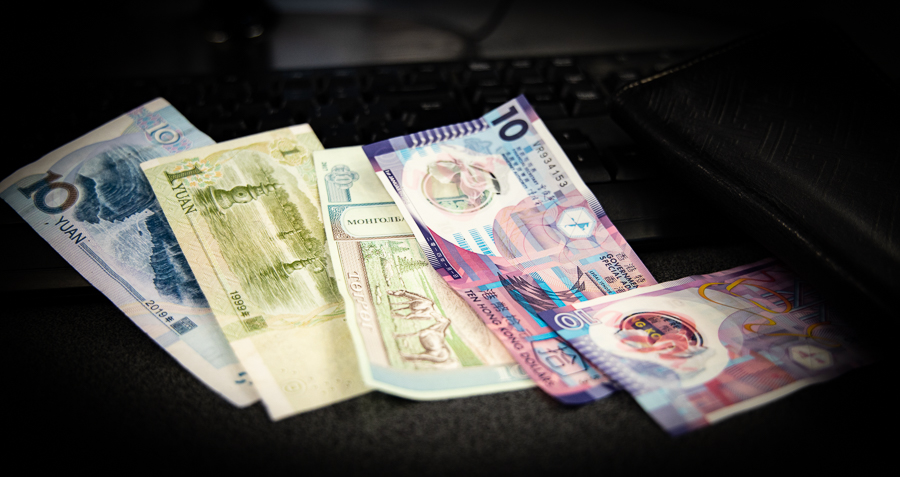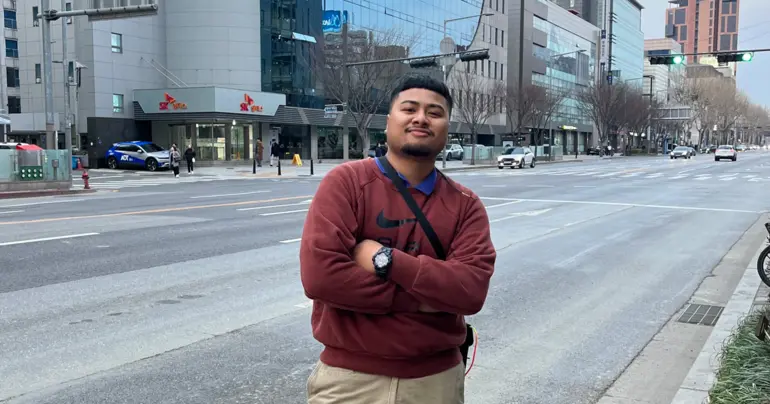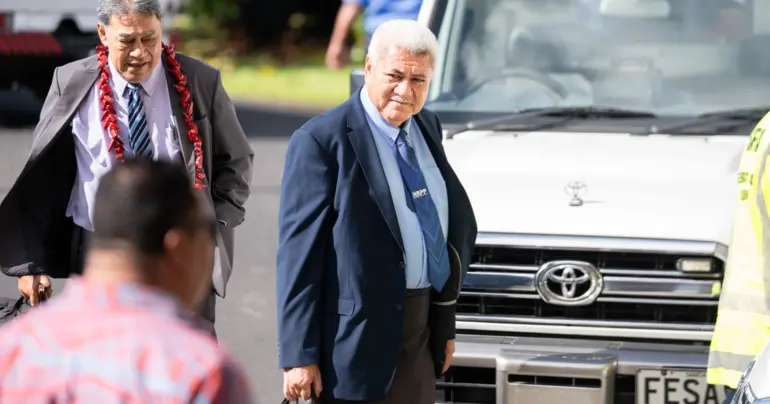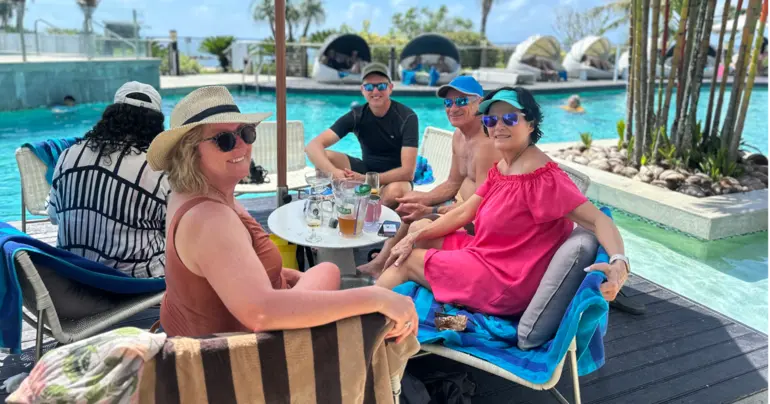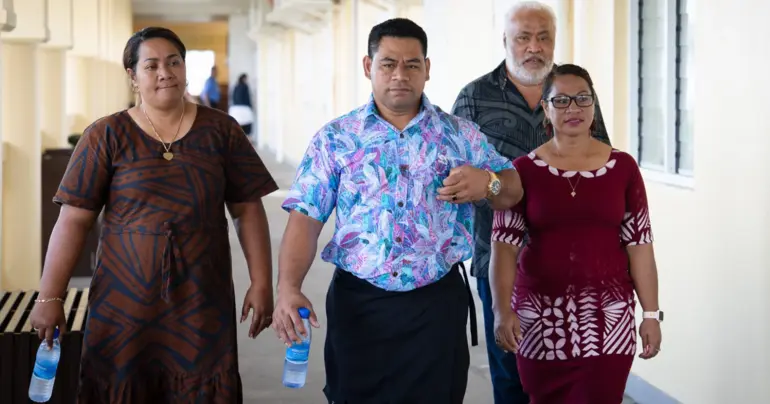Foreign investment plunge dents economy
 By Soli Wilson
•
05 January 2021, 12:10PM
By Soli Wilson
•
05 January 2021, 12:10PM
Foreign investment in Samoa plunged drastically as the stalling of projects caused by the coronavirus pandemic delivered a serious blow to the national economy, new figures show.
Analysis of new Finance Ministry figures for the April-June quarter for the 2019-2020 Financial Year shows the extent to which declining foreign investment has left its mark on Samoa's economic output.
“The financial account registered a deficit of $50 million due to a fall in [direct and other] investments,” the report reads.
"The deficit for the reviewing quarter is a 697.6 [per cent] drop from the [same period last year]," the report reads.
(A country’s financial account is a measurement of relative changes in the extent of international ownership of assets).
The Ministry document does not detail how much the deficit compares to that recorded in the same quarter the year before.
But Dr. Robert Kirkby, a macroeconomist from Victoria University of Wellington, said analysis suggests that the previous year’s deficit was between $6 to 7 million for the same quarter.
"This means the change was roughly [$40 million],” Dr. Kirkby told the Samoa Observer.
“This is substantial relative to the quarterly [Gross Domestic Product] of roughly $490 million.
"From the sounds of things, it is largely a direct result of the [state of emergency restrictions], meaning that most kinds of investment projects had to be put on hold or potentially cancelled.
“So net foreign investment (direct and indirect) into Samoa fell substantially."
As has been reported previously, the economy more broadly recorded a quarterly decline of 11.6 per cent for the same quarter on a year-on-year basis. That is the sharpest decline since quarterly records began more than two decades ago.
But Dr. Kirkby said despite expecting the recession to continue, he expected its "most severe" aspects were likely to have hit.
"This is the headline impact of Covid on the economy, based on other countries' numbers and timing, I expect this will be the quarter for which the fall is most severe, and that the impact in the more recent quarters will turn out to be smaller," he said.
The quarterly report also recorded that while tax revenue fell substantially by $33 million compared to the same quarter in the previous year, reduced spending by the Government and a $73.2 million increase in assistance from donor countries eased the blows of the pandemic.
And unlike Samoa's neighbouring countries, government debt figures decreased considerably while total debt servicing for the reviewed quarter increased by almost seven per cent.
According to Dr. Kirkby, this suggests the Government is in a position to provide "more" assistance to those most impacted by the state of emergency restrictions declared in response to COVID-19.
"Note that this experience is in contrast to those of most high-income countries which have seen large increases in Government debt as a result of stimulus spending during their [COVID-19] recessions'," he said.
"On the plus side, it situates Samoa well in terms of the future government finances, but conventional wisdom is that the recession is not the best time to be improving finances, something better done during periods of economic growth."
The Ministry was not available for comment on Monday on Dr. Kirkby’s analysis of the country’s fiscal policy or to explain the sharp decline in foreign assets flowing into the country.
But the Minister of Finance, Sili Epa Tuioti, has previously the effect of the pandemic on the economy of Samoa was "minimal", compared to other large economies as well as the rest of the Pacific which saw contractions ranging from as low as -5 per cent to as high as -21.7 per cent.
"There remains the confidence that the efforts of the Government through the reshuffling of its priorities towards its set of response policies are successful in ensuring that the state of the economy remains stable," he said during the last Parliamentary sitting for 2020.
In an editorial published in the Pacific Health Dialog last month, the National University of Samoa Vice-Chancellor, Aiono Alec Ekeroma, the broader Pacific is not likely to see an end to economic decline and zero tourism arrivals until a vaccine is made available.
"The health and economic impact of the COVID-19 pandemic, since international travel and trade was curtailed from March 2020, is yet to be measured or understood," he wrote.
“Due to the worldwide destruction of the aviation industry’s capacity and associated services linking tourist destinations to the Pacific Island countries and the decline in local tourism capacity as businesses close operations as the pandemic continues in to the second year, the length of recovery is uncertain and may take six to eleven years.”
 By Soli Wilson
•
05 January 2021, 12:10PM
By Soli Wilson
•
05 January 2021, 12:10PM




